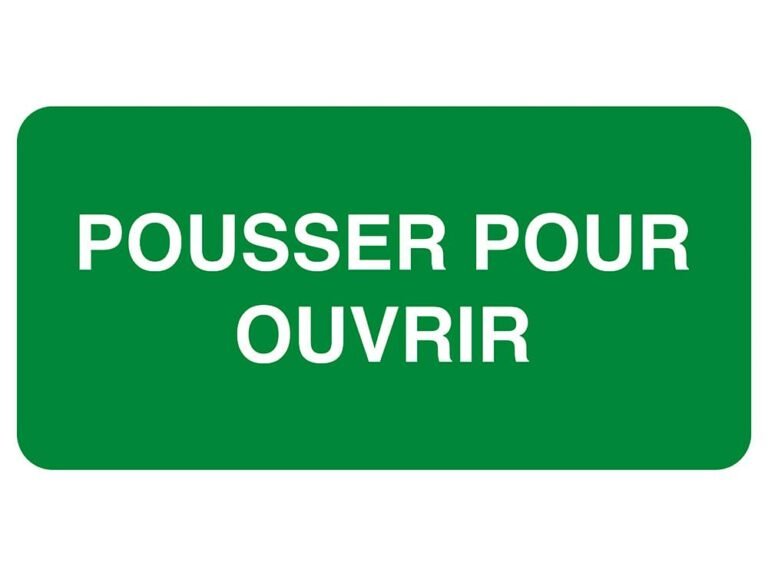pousser
The French verb “pousser” means “to push,” “to move,” “to push aside,” “to let out,” or “to grow,” among a variety of different meanings. The green sign in the photo means “Push to open.” To push: “Pousser” mainly means to push or shove. To grow: Expressions and Idiomatic Usage: Etymology: The French verb “pousser” traces…









